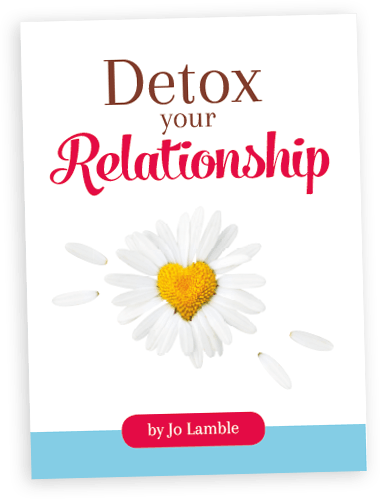 I can’t help but comment on the latest spate of mums being vilified by other mothers – Jackie O for bottle feeding her baby while crossing the road and for going back to work too soon; Katie Holmes for allowing Suri to use a dummy at age 4. There have been a chorus of voices coming out to defend these mothers, all saying the same thing: Leave mums alone. It’s hard enough being a mother, without copping all the criticism.
I can’t help but comment on the latest spate of mums being vilified by other mothers – Jackie O for bottle feeding her baby while crossing the road and for going back to work too soon; Katie Holmes for allowing Suri to use a dummy at age 4. There have been a chorus of voices coming out to defend these mothers, all saying the same thing: Leave mums alone. It’s hard enough being a mother, without copping all the criticism.
For me, the most interesting part of these debates is not whether or not a mother should feed her baby while crossing the street, not if or when a mother should return to the paid workforce, and not when a child should stop using a dummy or use one at all. The fascinating part is why mums are so hard on each other. The dads aren’t wading in with their judgments or opinions. It’s the mums. Why? Because we mums are all so fearful of getting motherhood wrong.
From the moment we become pregnant, the fear sets in. What if something goes wrong – in the pregnancy, during labour, and then throughout their childhood. Our fear of harming our children is so great that many mums feel overwhelmed with the need to remain in control. We look for ways to guarantee that our child will turn out to be healthy and happy. If we hear a theory about parenthood, we worry that not applying that theory to our own lives may be a mistake down the track. We try to trust our gut, but there is often that little voice in our heads that says: What if I have damaged my child by mothering my way?
To combat that fear, we look for others’ mistakes. If we see a child misbehaving, we give ourselves a pat on the back that our child is being an angel – when we should be giving empathy towards that other mum and child. If we hear of another mother’s struggle to get their baby to sleep through the night, we congratulate ourselves if our own children were sleeping through at 12 weeks of age – when we should be showing compassion for that poor sleep deprived mother.
In other words, we are failing to unite in our common desire to do the best job we can. Instead, we are seeing motherhood as some kind of competition where there must only be a few places on the winning podium. Perhaps if we recognise the underlying fear, we can tap into our compassion, show empathy, and stop the judgments and criticisms.
















